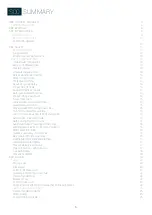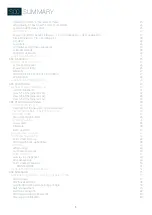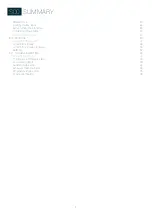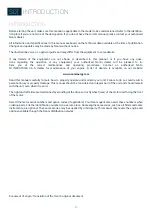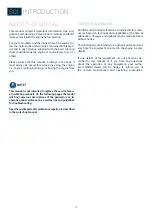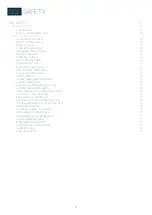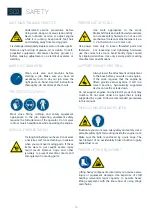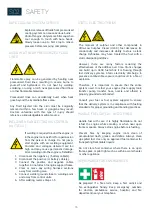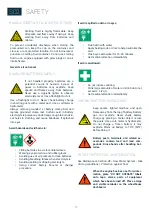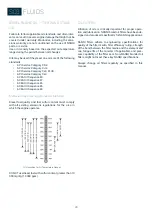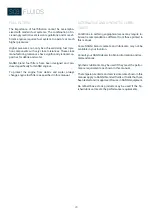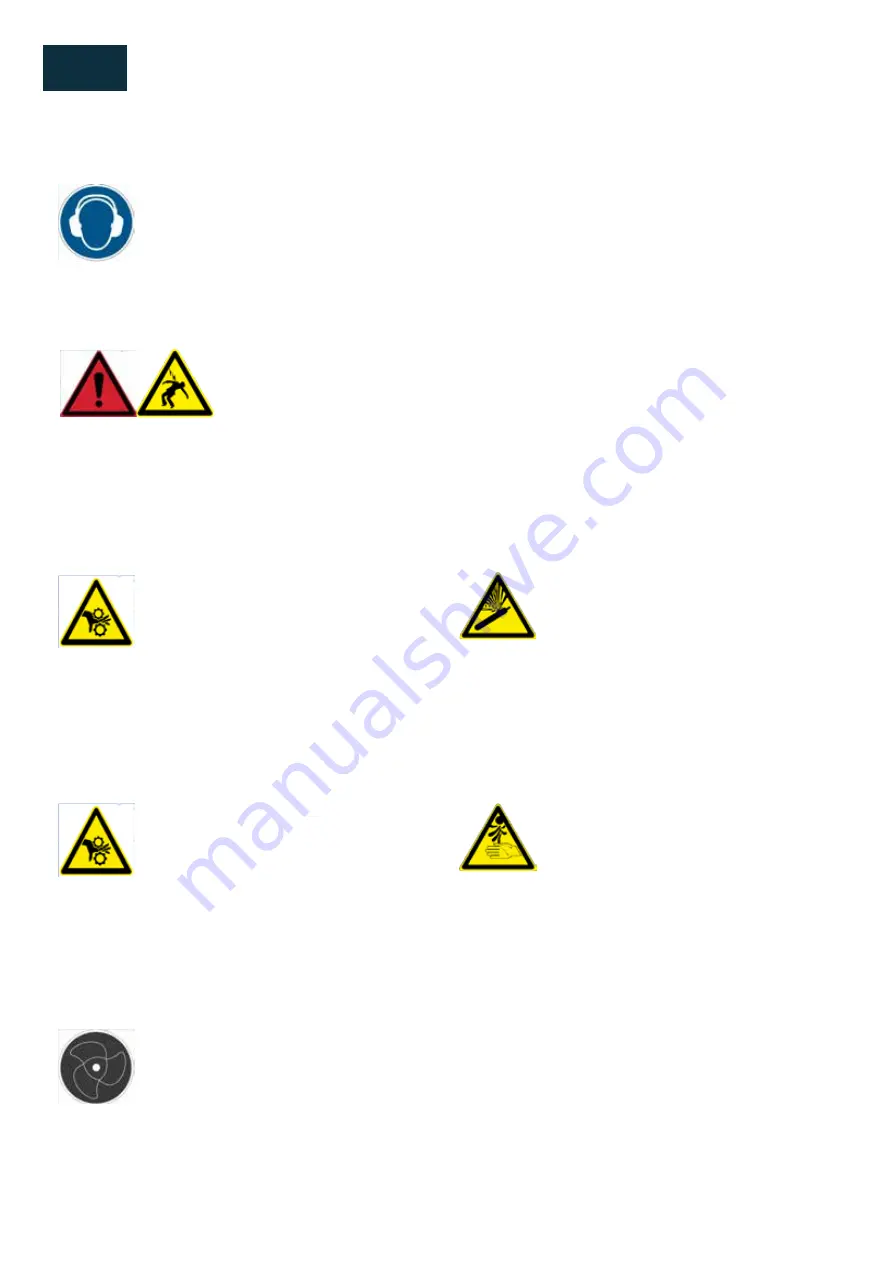
15
S02
SAFETY
NOISE PROTECTION
Prolonged exposure to loud noise can
cause impairment or loss of hearing. Wear
a suitable hearing protective device such
as earmuffs or earplugs to protect against
objectionable or uncomfortable loud
noises
GENSET OUTPUT GENERATED POWER
Genset will deliver a sizeable amount of electrical power
which can be lethal if not handled properly. Thus, any
service, connection or repair on the alternator can only
done by a certified marine electrician
GUARDS REQUIREMENTS
Rotating cooling system fans, belts,
pulleys, and drives can cause serious
injury. Keep all guards in place at all times
during the engine operation. Wear close-
fitting clothes.
Stop the engine and be sure that fans, belts, pulleys,
and drives are stopped before making adjustments,
connections, or cleaning near fans and their drive
components.
STAYING CLEAR OF ROTATING DRIVE LINES
Entanglement in rotating driveline can
cause serious injury or death. Keep all
shields in place at all times. Make sure
rotating shields turn freely
Wear close-fitting clothing. Stop the engine and be sure
that all rotating parts and drive lines are stopped before
making adjustments, connections, or performing any
type of service on engine or driven equipment.
PAINT REMOVAL BEFORE HEATING
Avoid potentially toxic fumes and dust.
Hazardous fumes can be generated when
paint is heated by welding, soldering, or in
using a torch.
Paint removal :
•
Remove paint a minimum of 100 mm (4 in.) from
area to be affected by heating. If paint cannot be
removed, wear an approved respirator mask before
heating or welding.
•
If you sand or grind paint, avoid breathing the dust.
Wear an approved respirator.
•
If you use solvent or paint stripper, remove stripper
with soap and water before welding. Remove solvent
or paint stripper containers and other flammable
material from area.
•
Allow fumes to disperse at least 15 minutes before
welding or heating.
• Do not use a chlorinated solvent in areas where
welding will take place.
•
Do all work in an area that is well ventilated to carry
toxic fumes and dust away.
•
Dispose of paint and solvents properly.
HIGH - PRESSURE FUEL SYSTEM OPENING
RISK
High-pressure fluid remaining in fuel lines
can cause serious injury. Do not disconnect
or attempt repair of fuel lines, sensors,
or any other components between the
high-pressure fuel pump and nozzles on
engines with High Pressure Common Rail
(HPCR) fuel system.
Only technicians familiar with this type of system can
perform repairs. Consult your engine representative.
AVOID HIGH - PRESSURE FLUIDS
Inspect hydraulic hoses periodically – at
least once per year – for leakage, kinking,
cuts, cracks, abrasion, blisters, corrosion,
exposed wire braid or any other signs
of wear or damage. Replace worn or
damaged hose assemblies immediately
with approved replacement parts.
Escaping fluid under pressure can penetrate the skin
causing serious injury. Avoid the hazard by relieving
pressure before disconnecting hydraulic or other lines.
Tighten all connections before applying pressure.
Search for leaks with a piece of cardboard.
Summary of Contents for Q1500 Series
Page 1: ...NANNI GENERATOR SET USER MANUAL DGBXXT090049 Q1500 Series...
Page 2: ......
Page 4: ...4 Q00 TRACKED CHANGES...
Page 8: ...8 S00 SUMMARY...
Page 32: ...32 S03 FLUIDS...
Page 38: ...30 S05 COMPOSANTS...
Page 40: ...32 S05 COMPOSANTS VIEW N 1 OF THE GENERATOR SET...
Page 41: ...33 S05 COMPOSANTS VIEW N 2 OF THE GENERATOR SET...
Page 52: ...52 S 07 MAINTENANCE Battery voltage 72 Battery specific gravity 72...
Page 53: ...53 S 07 MAINTENANCE...
Page 74: ...74 S 07 MAINTENANCE...
Page 76: ...76 S08 AL TERNATOR...
Page 88: ......
Page 96: ...96 S11 TROUBLE SHOOTING...
Page 97: ......
Page 98: ......





